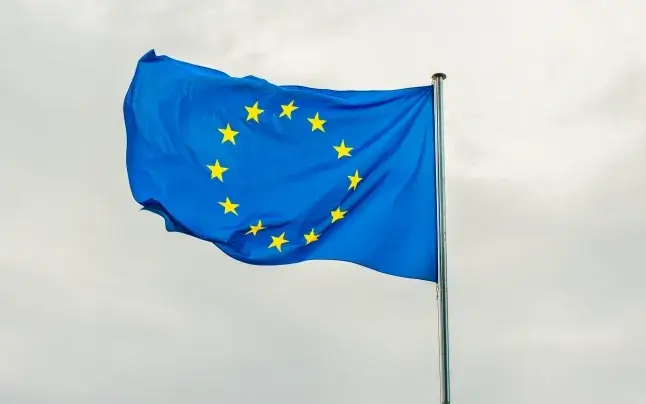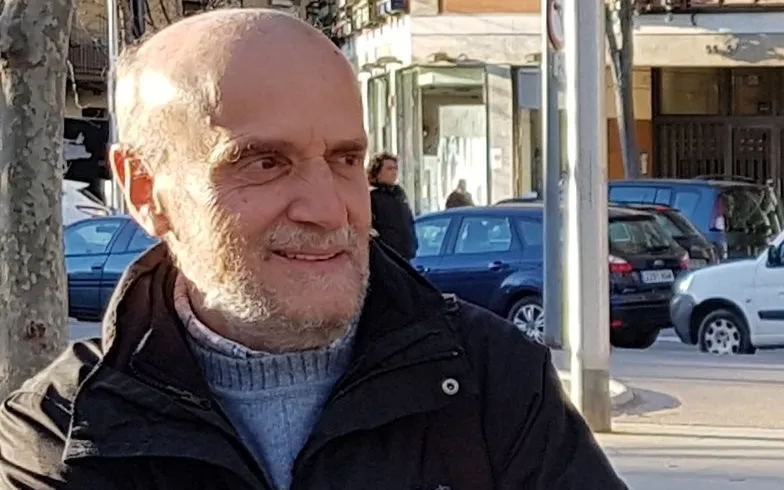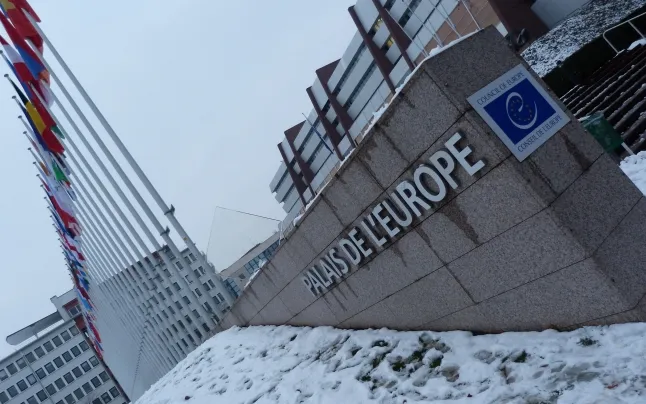European grants come with some specificities due to their transnational nature that are relevant when applying for them.
Non-profit organizations must diversify the way in which they gain funding for their activities. It’s the only way to ensure sustainability and stability. Of all available funding sources, organizations tend to ignore European grants because they often see the process as something too burdensome and complex.
This means that many organizations don’t leverage an opportunity that offers a very high value. For several years, the European Union offers funding opportunities for citizens, organizations, and groups to improve transnational actions focusing on trans-border cooperation. These funds are managed in a centralized way by the European Commission in Brussels. Currently, a vast majority of calls are framed under the Next Generation programme.
Below is some advice for organizations wishing to take the step and apply for European grants, which come with some specificities that are important to know.
Cohesion and future
The goal of European grants is not to finance the ordinary activities of organizations, meaning they are not an endless source of money. Their goal is to support innovative initiatives opening the door to greater participation, collaboration, and support at a community level. In this regard, one of the main features of these grants is that they are for projects based on cooperation between organizations and institutions across countries.
Therefore, the initiatives that are most likely to gain EU funding are those that look into the future, prioritizing aspects such as innovative intervention methodologies, setting up new projects, training of professionals or developing pilot projects.
In any case, these grants can help organizations to get started with topics that are often difficult for them, such as R&D or sustainability.
Transnationality
As mentioned, the EU does not offer funds for projects in one single country. Any proposal submitted must engage organizations, institutions, and administrations from several countries as partners. Hence why it is so important to invest time in learning about the European context, similar projects, and organizations in different countries, to build alliances and shape good partnerships.
So, even when it may seem obvious, even before considering submitting a proposal for EU funds, an organization must make sure that several people in their team are fluent in, at least, English, and possibly French. Knowing any other European language is an additional asset to be eligible for these funds.
Types of European Funds
There are several types of European funds available to non-profit organizations. More specifically, it is important to be aware of the following three types:
First, the so-called ‘Structural or investment Funds’. These are funds to balance out the level of development across European regions to boost economic, territorial, and social cohesion. They are for seven-year periods and are framed under the 2021-2027 programme.
A second type of European funds that may be of interest for organizations are the ‘Community Programmes’ that are more specific and are generally broken down into different topics, offering less funds.
Lastly, there are the Next Generation Funds, that were established to boost the recovery of all EU Member States after the pandemic and include a large variety of projects with the goal, as the two other types, to advance towards a cohesive Europe based on collaboration and innovation.
Project roles
For collaborative projects there are two types of participation in European grants, and they are linked to the role taken on by the organization in the project. First, the organization may lead the project, meaning it takes on a coordination role. In this case, the team will oversee coordinating the partners, drafting the proposal, and doing the financial and technical follow-up.
Coordinating organizations are therefore in charge of defining the theme and purpose of the project they will submit and receive greater funding. This also means they carry a greater responsibility and will respond to the European Union and perform additional tasks when preparing and implementing the project, as well as ending and justifying the project. However, these tasks may be outsourced, meaning they can be delegated to other organizations or persons who are better prepared for and more experienced in the task.
A second role that organizations can take on when participating in projects funded by the European Union is that of a partner. Partner organizations join a proposal made by the coordinating organization. The project is already defined, and partners will not need to carry out as many management tasks. This role is suitable for organizations that have only recently started and want to take a hold on the European context. Since their responsibility is lesser, the funding available for partners is also lower than for a coordinating organization.
Institutional support
Funds made available by the European Union are for the mid to long-term. Upfront management is burdensome, as is the follow-up. This is why it is essential to have institutional support from the organization’s governing body and for all stakeholders to be coordinated so that one person or a team can be fully or almost fully dedicated to searching, applying for and managing grants.
As part of this support, it would be good for the organization’s management to offer its teams training on the existing funding programmes and calls, and how to find them and submit proposals. In this regard, it is also advisable to work in close collaboration with other organizations to set a joint plan of work to overcome the competitiveness. This will also be valued when it comes to submitting grant proposals.
First steps
Before an organization, whether acting as a coordinator or partner, decided to submit a proposal for EU funding, there are a series of steps to be taken. It is essential for any organization to pay special attention to its means available and interests, and to define the themes that it wants to innovate and the resources available.
It is highly advisable to gain some experience to know what EU calls and programmes are available, since they range from livestock to nuclear energy, and it is essential to know exactly which programme matches their interests, capacity, and knowledge. The European Commission’s website recommends some of the following for non-profit organizations: social inclusion, gender equality, media and culture, civic participation, innovation and research, humanitarian aid, and energy and transport.







Add new comment